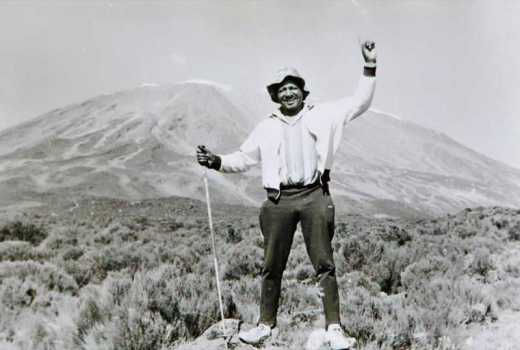
On July 4, 1990 veteran politicians Kenneth Matiba and Charles Rubia were arrested and detained. Consequently, they suffered major setbacks, one of which was the deterioration of Matiba’s health which he battled for 28 years until his death on Sunday at Karen Hospital, Nairobi.
Kenneth Stanley Njindo Matiba was a battle-hardened politician, who alongside Charles Rubia, Jaramogi Oginga Odinga, Masinde Muliro, Martin Shikuku, Ahmed Bamariz and others teamed up with younger comrades dubbed the Young Turks in leading what is popularly known as Kenya’s second liberation struggle in the 90s.